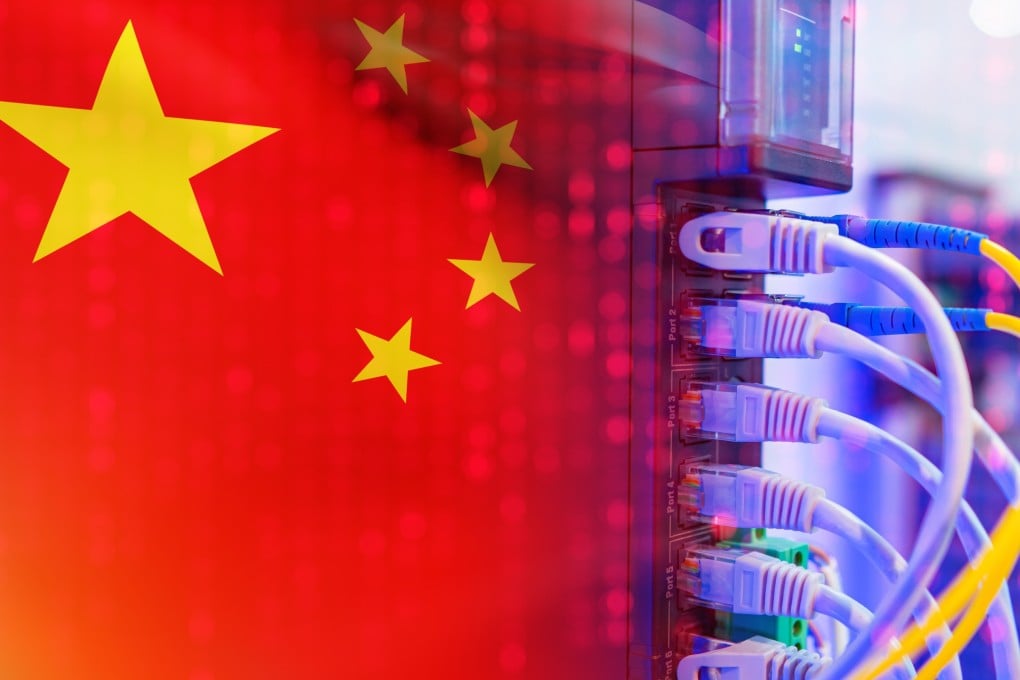Father of China’s Great Firewall raises concerns about ChatGPT-like services
- Fang said the rise of generative AI tools like ChatGPT, developed by Microsoft-backed OpenAI, pose a big challenge to governments
- China’s powerful internet regulators have told Chinese tech companies not to offer ChatGPT access to the public

Fang Bingxing, considered the father of China’s Great Firewall, has raised concerns over GPT-4, warning that it could lead to an “information cocoon” as the generative artificial intelligence (AI) service can provide answers to everything.
Fang said the rise of generative AI tools like ChatGPT, developed by Microsoft-backed OpenAI and now released as the more powerful ChatGPT-4 version, pose a big challenge to governments around the world, according to an interview published on Thursday by Red Star News, a media affiliate to state-backed Chengdu Economic Daily.
“People’s perspectives can be manipulated as they seek all kinds of answers from AI,” he was quoted as saying.
Fang, a computer scientist and former government official, is widely considered the chief designer of China’s notorious internet censorship and surveillance system. He played a key role in creating and developing the Great Firewall, a sophisticated system of internet filters and blocks that allows the Chinese government to control what its citizens can access online.
The Great Firewall has been fortified over the past decade, blocking Chinese netizens’ access to a wide range of foreign websites and online services including Facebook, Twitter and Google.
Many expected that China’s heavily-censored internet would be a challenge for Chinese tech companies in developing a ChatGPT-like service because it is hard to predict and control answers.
China’s powerful internet regulators have told Chinese tech companies not to offer ChatGPT access to the public, and they need to inform the authorities before launching their own ChatGPT-like services, according to a report by Nikkei Asia in February, citing sources.